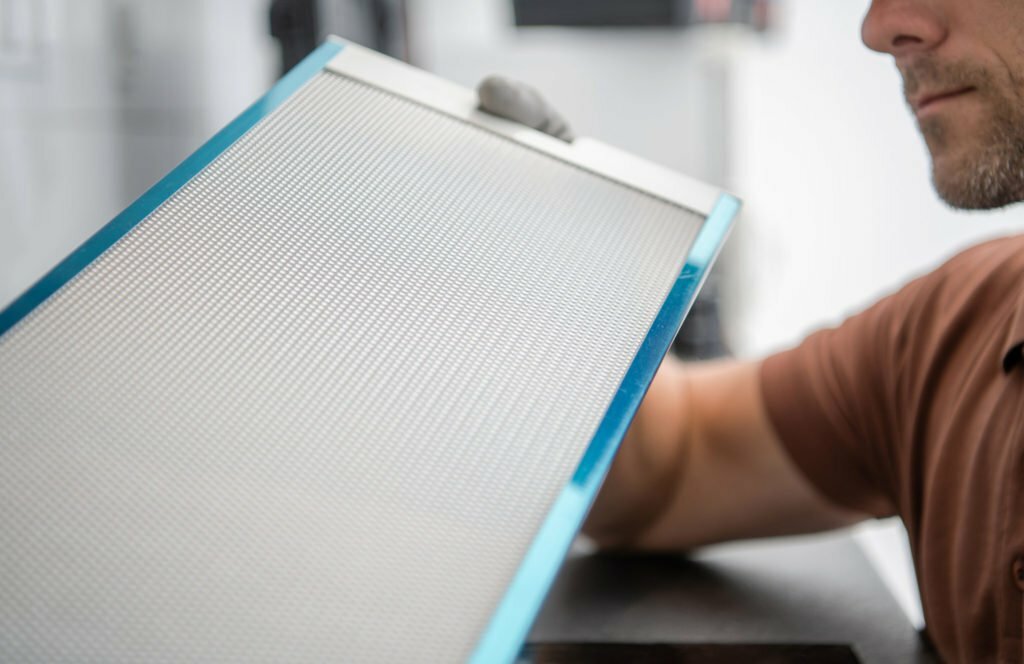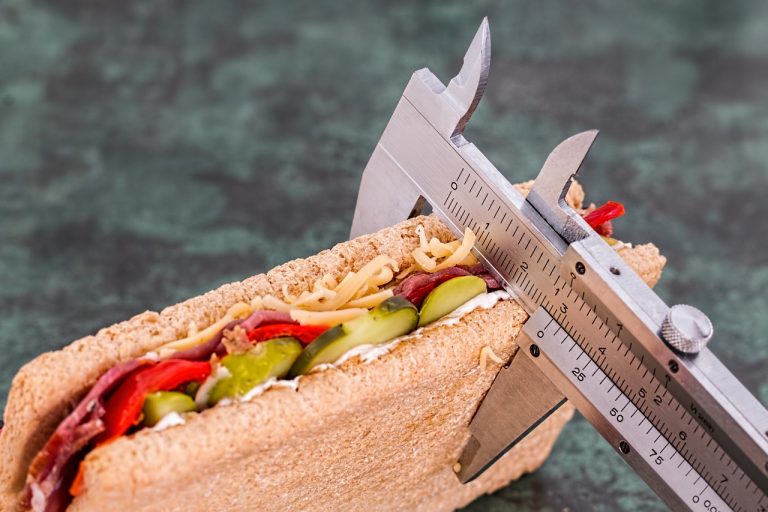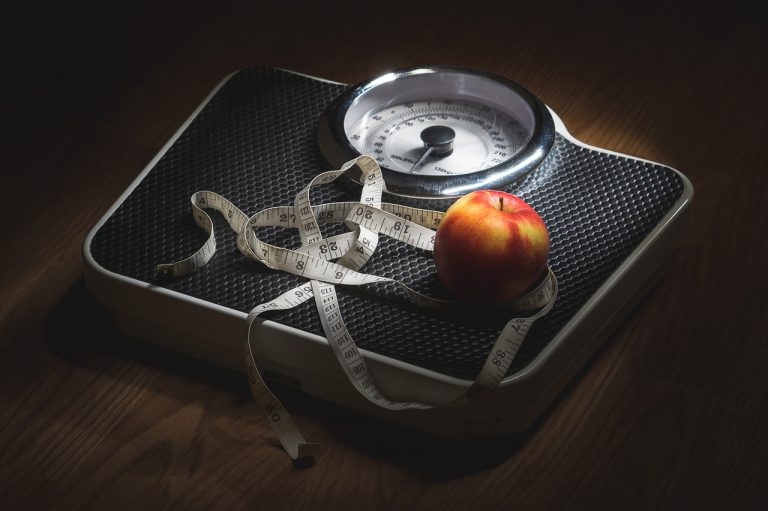A clean HVAC filter is important for a number of reasons. It keep your system running efficiently and prevents dust and other allergens from circulating through your home, which help you breathe easier. Additionally, a clean filter allows your HVAC system to remain in good working order, which can prolong its life. If you don’t have experience with HVAC maintenance, you may be wondering how often you should change your filter or what will happen if you neglect to change the filter for too long. If you’re unsure, keep reading to find out exactly when you need to replace your air filter.
When should you replace your air filter?
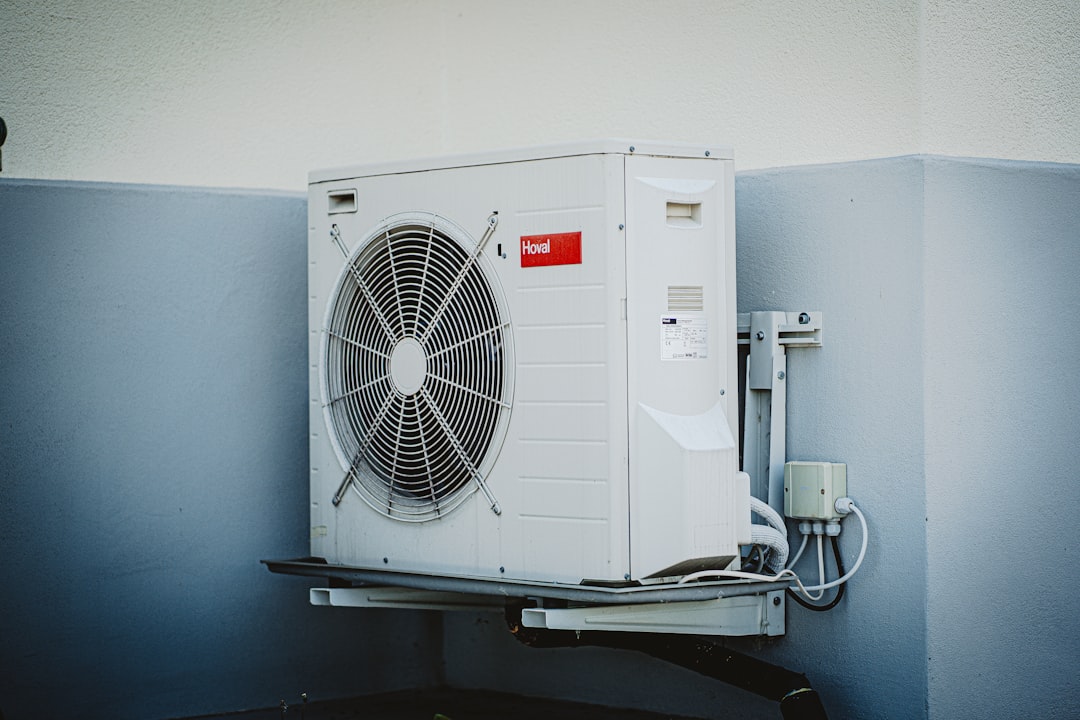
Your air filter is a key part of your home’s air conditioning and heating system. It keeps your home’s air clean and free of debris. It’s necessary to check your air filter and replace it when it’s clogged or dirty. A dirty air filter can impact your house negatively in several ways. A clogged filter can restrict airflow and reduce the efficiency of your system. It can also lead to higher energy bills and increased wear and tear on your equipment.
The frequency with which you’ll need to replace your air filter will depend on a variety of factors, including the climate where you live, the size of your home, and the number of pets you have. However, most experts recommend replacing your air filter every three months. The type of filter you have is also a factor. If you have a standard filter, you’ll need to replace it more often than if you have a high-efficiency particulate air (HEPA) filter.
One of the most essetial things to do for your home is to make sure that your HVAC system is properly maintained. Most HVAC companies offer routine maintenance services that can help keep your system running smoothly. Make sure to schedule these checks at least once a year. As previously mentioned, filters are a central part of your HVAC system, and they should be changed frequently to ensure optimal performance.
Why should you care about indoor air quality?
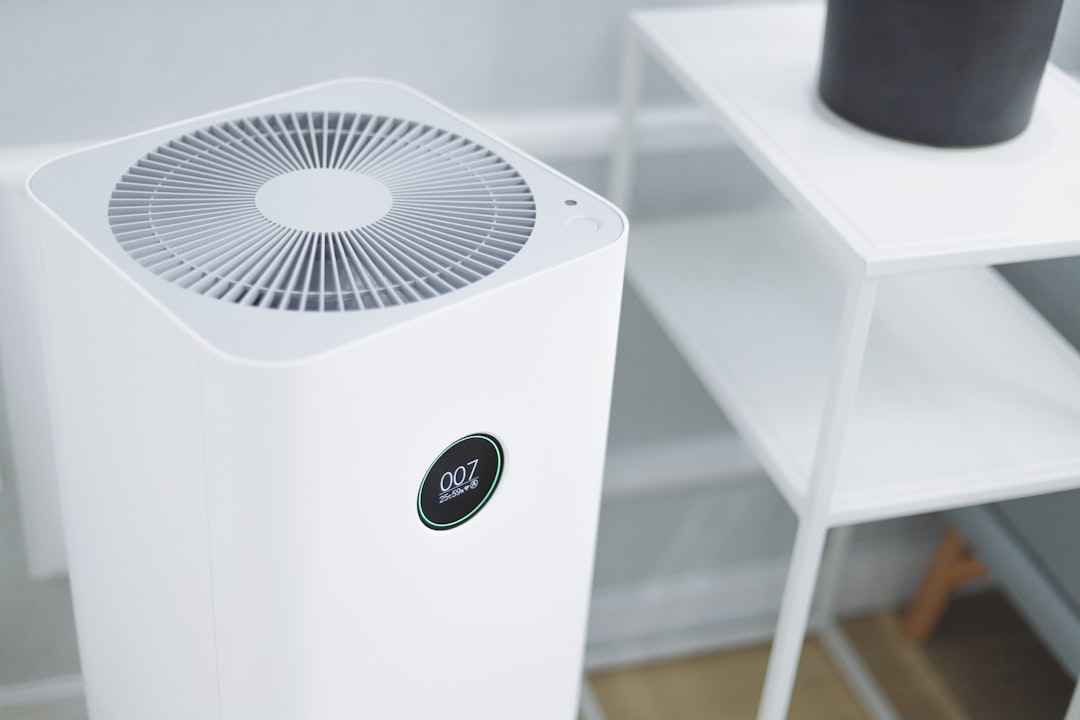
Indoor air quality is the quality of the air inside a building. This includes the concentration of pollutants and the presence of allergens and irritants. Poor indoor air quality can cause a number of health problems, including asthma, allergies, and other respiratory problems. There are a number of factors that can affect indoor air quality. These include the type of building materials used, the presence of pets, and the use of cleaning products and air fresheners. Poor ventilation can also contribute to poor indoor air quality. Your HVAC system is typically your first line of defense against poor indoor air quality, which is why taking care of it needs to be a priority.
You should also take steps to keep your home clean and healthy on your own. Dust, dirt, and other pollutants can easily accumulate and affect indoor air quality. Make sure to clean surfaces such as floors, windows, and furniture regularly. Air purifiers can remove pollutants from the air and improve indoor air quality. They can be a particularly smart investment for those with allergies. Chemicals such as paints, aerosols, and cleaning products can release pollutants into the air. Try to use natural or organic alternatives whenever possible.
A dirty air filter will cause your HVAC system to work harder than it needs to, costing you money in the long run. Not to mention, a dirty air filter will reduce the air quality in your home, exacerbating any allergies or asthma you might have. Replacing your air filter is a quick and easy way to boost the air quality in your home and keep your HVAC system running efficiently. When you think about how crucial indoor air quality is to our overall health and wellness, it’s clear why frequent filter changes should be at the top of your to do list.

